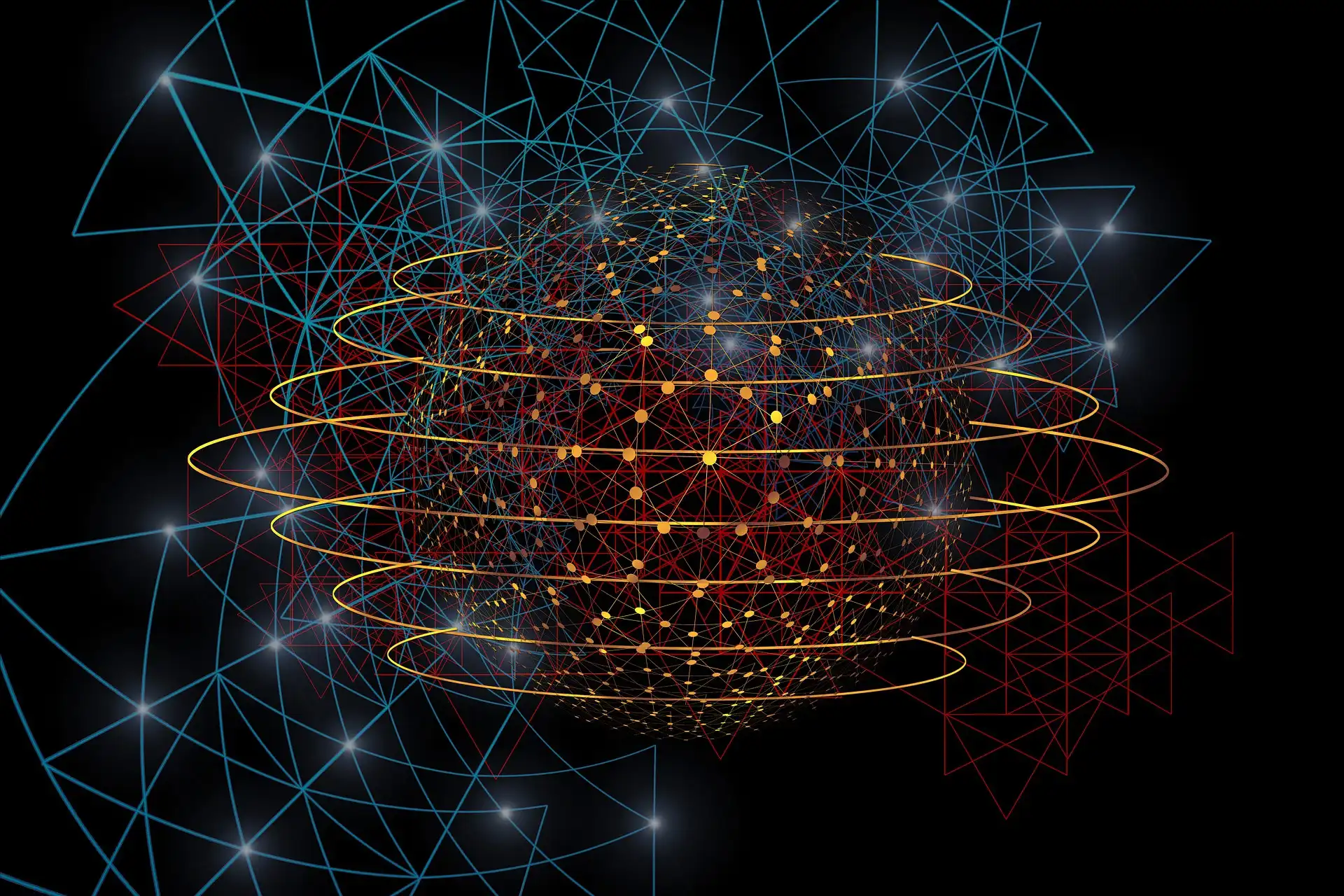TikTok, known mainly as a space for viral dance trends and comedy skits, is seeing a new wave of content: young users expressing pro-Palestinian support. United States teenagers are using the platform to share and consume content about Palestine, challenging the likes of CNN and the New York Times in presenting narratives about the Israeli-Palestinian conflict.
While mainstream media outlets often portray this conflict from a neutral or pro-Israel perspective, TikTok users are narrating their own versions, often advocating for Palestinian rights. Some schools and colleges have even reported instances where students have entered into heated debates over the posts about the conflict.
It might seem like this is solely the result of TikTok's algorithm, given that the platform is renowned for its ability to amplify trends. However, it's crucial to realize that the algorithm is no more than a tool – it is the users that define the trend. In this case, teenagers are driving the pro-Palestinian narrative.

Discussing global conflicts and politics isn’t what we typically associate with the platform mostly dominated by Gen Z. In fact, this new trend is making people question whether TikTok’s algorithm is attributing to this wave of political engagement.
The algorithm of TikTok works by showing users what it thinks they would like to see, based on previous interactions. Creators on the platform often leverage this ability to trend a hashtag or term rapidly. It would be easy to credit the algorithm with curating a pro-Palestinian narrative, however, that isn’t the entire story.
While it's true that the platform has been flooded by pro-Palestinian content, this is largely due to the conscious initiative of young users, who are actively engaging in a political conversation that mainstream media often neglect. These teens are setting new trends, and the algorithm simply adapts to user interest.
Hence, people mistakenly assume that the algorithm has a direct hand in spiraling these dialogues. That might not be entirely wrong, but it is certainly not an all-encompassing explanation. The algorithm gives users what they want, and currently, these wants are heavily entwined with political content.
Teenagers have taken to the platform, generating countless videos that share information, personal perspectives, or demonstrations from the ground. These videos are then shared and reposted by countless other users, creating a viral trend in supporting Palestinian freedom.
Moreover, the Palestinian cause resonates with many young people in America. The Gen Z cohort champions social justice issues, equality, and human rights - offering a probable explanation for why they are inclined to support Palestine in the conflict. They view this rather as an issue of humanitarian crisis than a political one.
In addition, TikTok allows for greater expression of Gen Z's political views. Unlike Facebook or Twitter, which primarily cater to an older demographic, TikTok is primarily inhabited by the younger generation. This has allowed them to use the platform effectively to spread their political messages.
Understandably, the pro-Palestinian narrative has seen substantial pushback. Several TikTok users and other online entities argue that the conversation is one-sided, with many posts not providing sufficient context or information about the Israeli perspective. Some have even accused these teenagers of spreading misinformation.
Whether or not these allegations are true, it's clear that the discourse doesn't seem to be as balanced as some would like it to be. However, it emphasizes the importance of promoting a healthy conversation with diverse perspectives.
It should be noted that dialogue on social media platforms like TikTok remains an imperfect medium for nuanced political discussions. Often, conversations lack context, ignore the complexities of the issue, or even distort facts for a biased narrative. Therefore, it's essential to approach any information on social platforms with a critical mind.
On the other hand, the trend of teenagers promoting the Palestinian cause on TikTok demonstrates how global social issues are becoming increasingly prominent in social media conversations. This has considerable implications for how we perceive activism and political engagement amongst younger generations.
This phenomenon presents the need for a more comprehensive and analytical approach to historical and political issues taught in schools. With teenagers increasingly engaging themselves in such complex matters, it's necessary to create an environment that fosters informed discussion.
In conclusion, the increase in pro-Palestinian content on TikTok isn't solely the result of the platform's algorithm but rather a reflection of the users' interests. It is an excellent example of how younger generations are taking advantage of social media platforms to voice their political views and engage in conversations often omitted from mainstream discussions.
As social media continues to evolve and navigate its role in political discourse, one thing is clear: younger generations are moving away from traditional media outlets to voice their opinions. And as they continue to embrace platforms like TikTok to shed light on global issues like the Palestine-Israel conflict, it’s increasingly evident that their perspectives cannot be ignored.